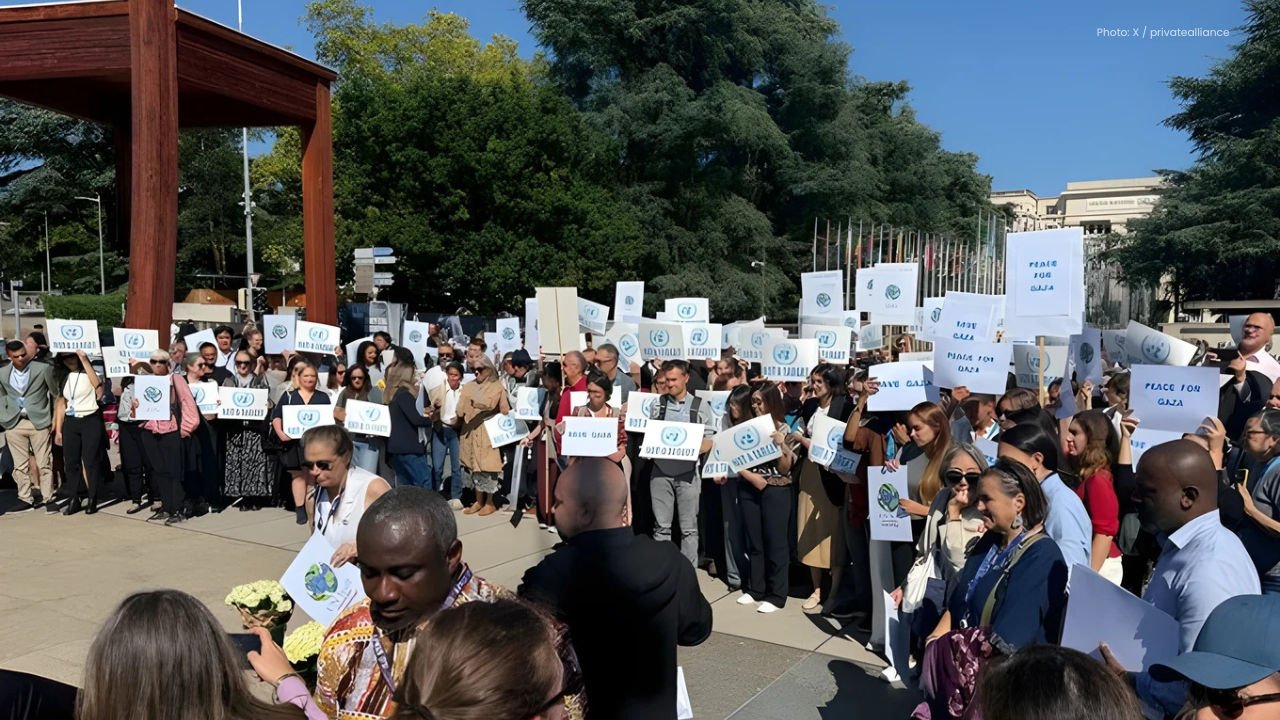
Post by : Naveen Mittal
A new conflict has erupted between the United Nations, the United States, and Israel after U.N. staff members held public protests to honour their colleagues killed during the Gaza war. The demonstrations, while meant to mourn lives lost, have drawn sharp criticism for allegedly breaking the U.N.’s rules on neutrality.
Since October 2023, the war between Israel and Hamas has killed more than 543 aid workers in Gaza, including at least 373 U.N. staff members — the largest death toll of U.N. workers in its 80-year history. These losses have deeply shaken the international organisation and led many staff members to voice anger and demand accountability.
In Geneva, U.N. staff members gathered outside the organisation’s office to pay tribute to their colleagues. They held placards reading “Peace for Gaza” and “Not a Target” while laying down more than 370 white roses — one for each U.N. aid worker who had lost their life in Gaza.
The protest included a moment of silence under the bright sun, where hundreds joined to reflect on the suffering and risks faced by humanitarian workers.
Nathalie Meynet, president of the U.N. refugee agency staff council, said during the event: “Today, the U.N. staff are coming together to say that enough is enough. We cannot kill our colleagues in Gaza with such impunity. We say stop to all these murders.”
For organisers, the protest was not meant to be political but an act of remembrance and solidarity.
A similar vigil planned at the U.N. headquarters in New York did not take place because management denied permission. In a message shared with staff, organisers said they were told that such gatherings were not allowed during work hours.
U.N. spokesperson Stéphane Dujarric explained that rules and regulations govern what activities staff can engage in outside their normal work. He said these rules “sometimes need to be applied” to prevent violations of U.N. neutrality.
Israel strongly condemned the Geneva event before it even took place. Israel’s ambassador to the U.N. in Geneva, Daniel Meron, wrote a letter to Tatiana Valovaya, director-general of the U.N.’s Geneva office.
In the letter, Meron said U.N. staff “are not activists or political actors” and demanded that those who took part in “politically charged activities” should face disciplinary measures, including suspension.
Israel insists that it takes precautions to avoid civilian casualties in its war against Hamas, although thousands of civilians and aid workers have been killed.
The United States also voiced concern. Tressa Finerty, U.S. Charge d’Affaires in Geneva, sent an email to Valovaya, describing a recent online meeting of 1,000 U.N. employees with Francesca Albanese, a U.N. human rights expert critical of Israel, as a “grave violation of neutrality.”
She argued that if staff use U.N. resources during work hours to join such meetings, the organisation cannot avoid accusations of being “systematically anti-Israel” and even “antisemitic.”
This marked a strong statement from Washington, which has already distanced itself from some U.N. bodies over their criticism of Israel.
Some staff members rejected the accusations. Organiser Séverine Deboos insisted the protest was simply “to honour our colleagues in Gaza and thank them,” not a political demonstration.
Another U.N. staffer, Yousra Ahmed, said at the protest: “It’s not a question of neutrality. I’m outraged that the rules of the United Nations and humanitarian law are not being applied.”
A union representative confirmed the online meeting with Albanese, saying it was part of the U.N.’s core work and should not be seen as activism.
On September 17, U.N. management circulated a confidential note reminding staff of the rules. Catherine Pollard, Under-Secretary-General for Management Strategy, acknowledged the “immense suffering” caused by the deaths in Gaza but stressed that staff associations must not organise or promote activities “that may be perceived as political.”
She warned that such actions could harm the organisation’s image and its principle of impartiality.
The Gaza war has taken a huge toll on humanitarian workers. According to official U.N. data, 543 aid workers have died since the conflict began, with 373 of them being U.N. staff.
Never in the history of the United Nations have so many of its employees been killed in a single conflict. This shocking number has left workers grieving, angry, and demanding stronger protection and accountability.
The debate reveals a deep struggle inside the U.N. — balancing its duty to remain neutral while also protecting its workers and acknowledging their sacrifice.
While the U.S. and Israel accuse staff of crossing the line into activism, many inside the organisation argue that honouring fallen colleagues and demanding safety is a moral obligation, not a political act.
The protests in Geneva have opened a new rift between the United Nations, Israel, and the United States. While staff mourn their dead and call for peace, world powers see bias and breach of neutrality.
As the Gaza war continues with no end in sight, the U.N. finds itself in a difficult position — trying to protect its staff, maintain credibility, and avoid further conflict with member states.
For many workers, the message remains simple: humanitarian staff should never be targets, and their lives should not be lost in silence.
#UN #GazaWar #Israel #US #HumanitarianCrisis #Neutrality #Diplomacy #PeaceForGaza


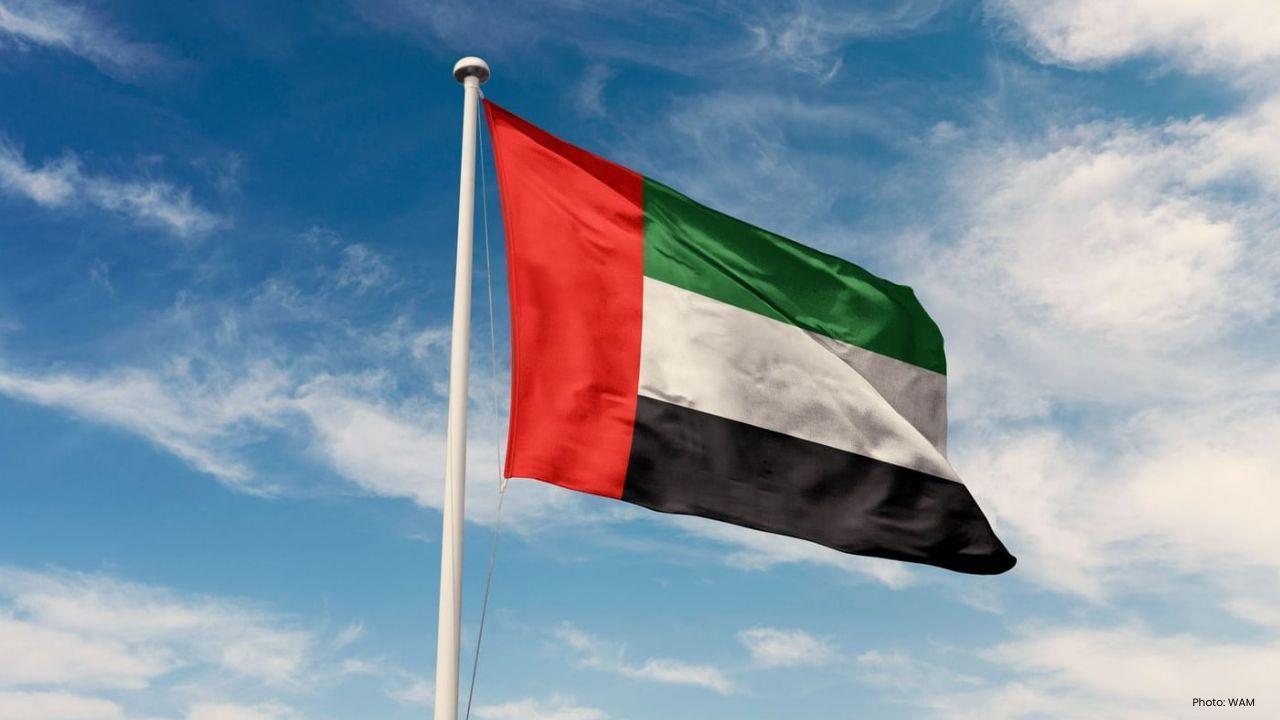
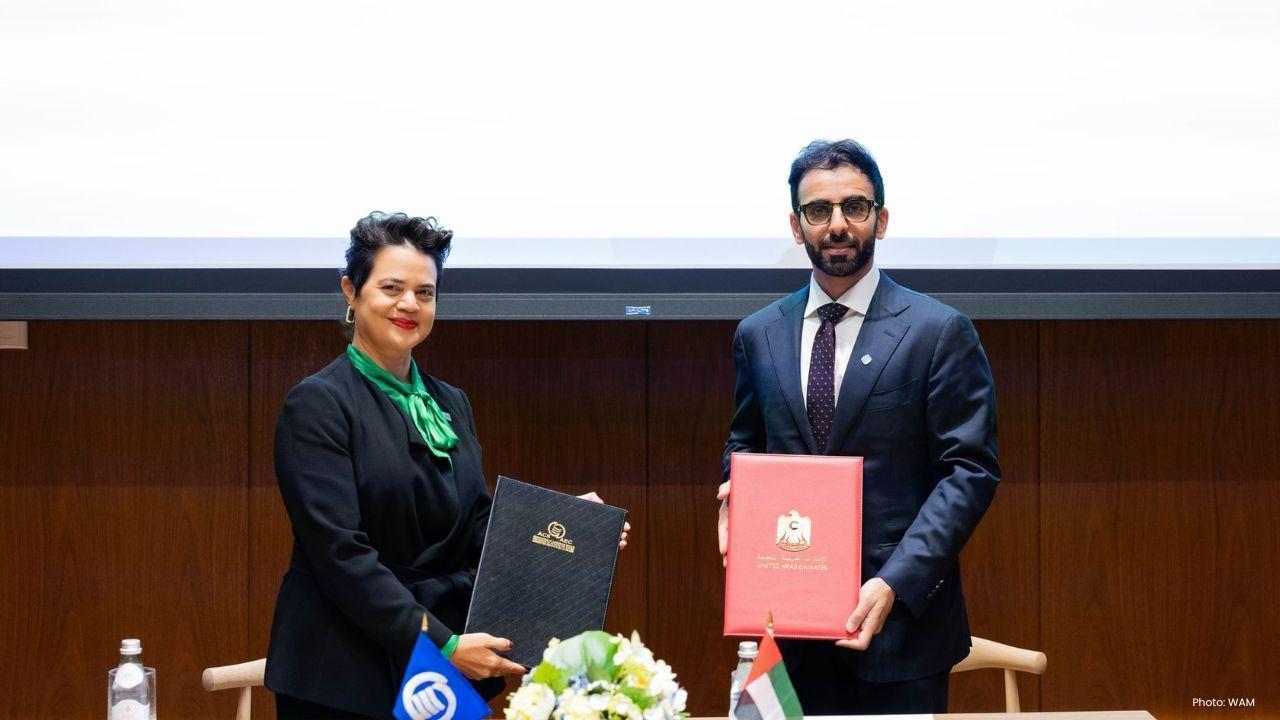


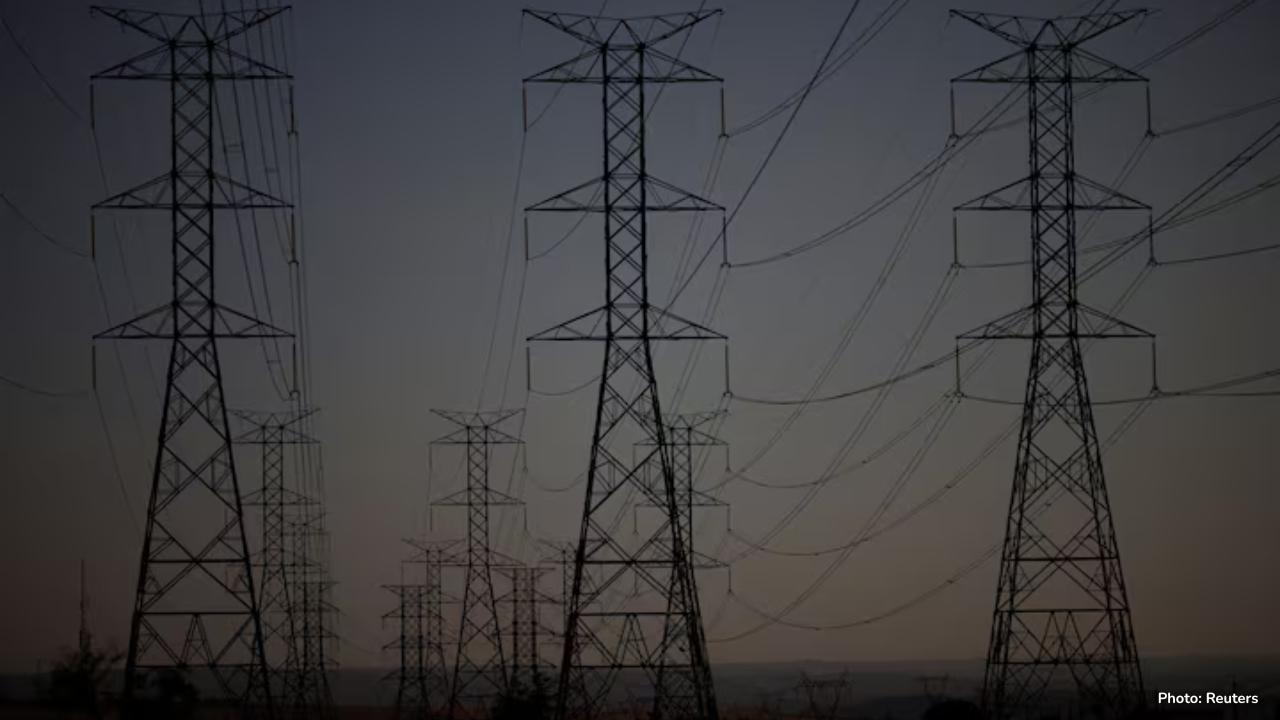

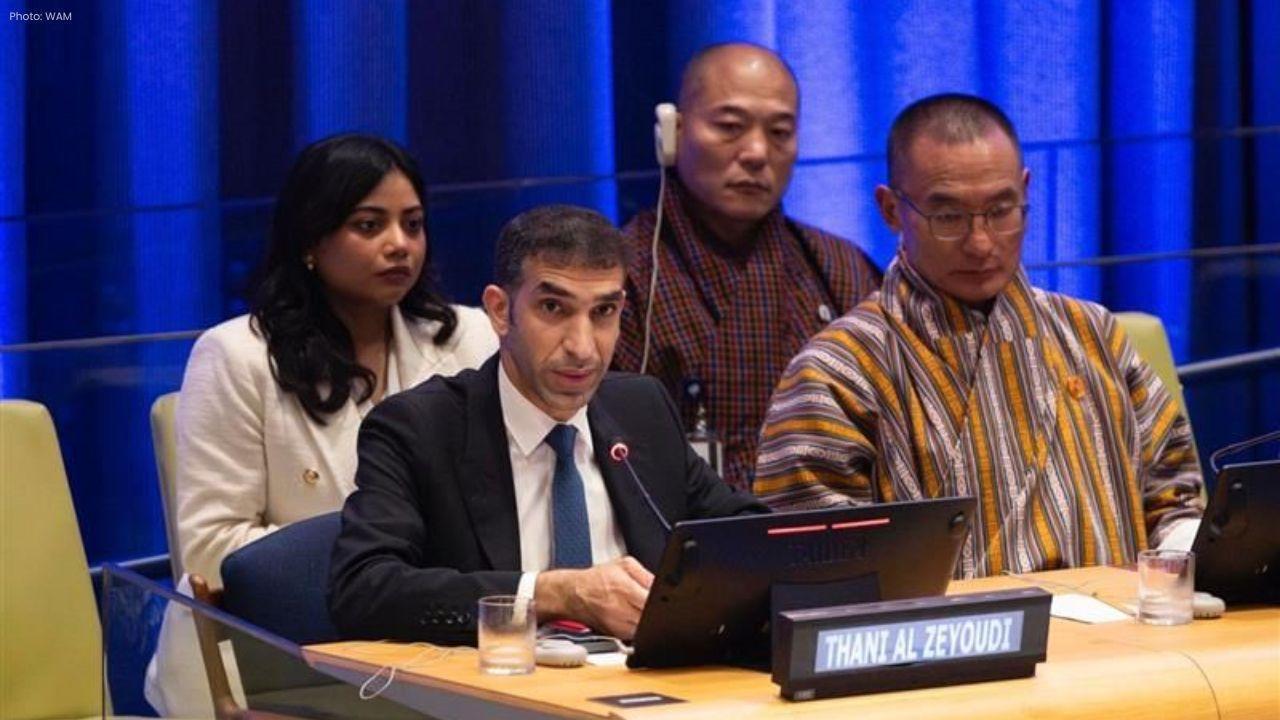

OpenAI's Revenue Soars to $4.3 Billion in First Half of 2025
OpenAI's revenue reaches $4.3 billion in the first half of 2025, marking a 16% increase from the pre

UAE Leaders Send Condolences to Saudi King Over Princess Abta's Death
UAE rulers and crown princes sent heartfelt messages to King Salman, mourning the passing of Princes

Brazil's Surplus Clean Energy Attracts Crypto Miners
Brazil's excess renewable energy is luring cryptocurrency miners. Companies like Tether and Renova E

Visa Tests Stablecoins to Make Global Payments Faster
Visa is testing stablecoins for international payments, aiming to speed up transactions and reduce t

Opera Unveils Neon AI Browser for Smarter Web Browsing
Opera introduces Neon, an AI-powered browser that automates tasks and enhances privacy, aiming to re

Albanese Visits Sheikh Zayed Grand Mosque in Abu Dhabi
Australian PM Albanese tours Sheikh Zayed Grand Mosque, highlighting peace, tolerance, and cultural